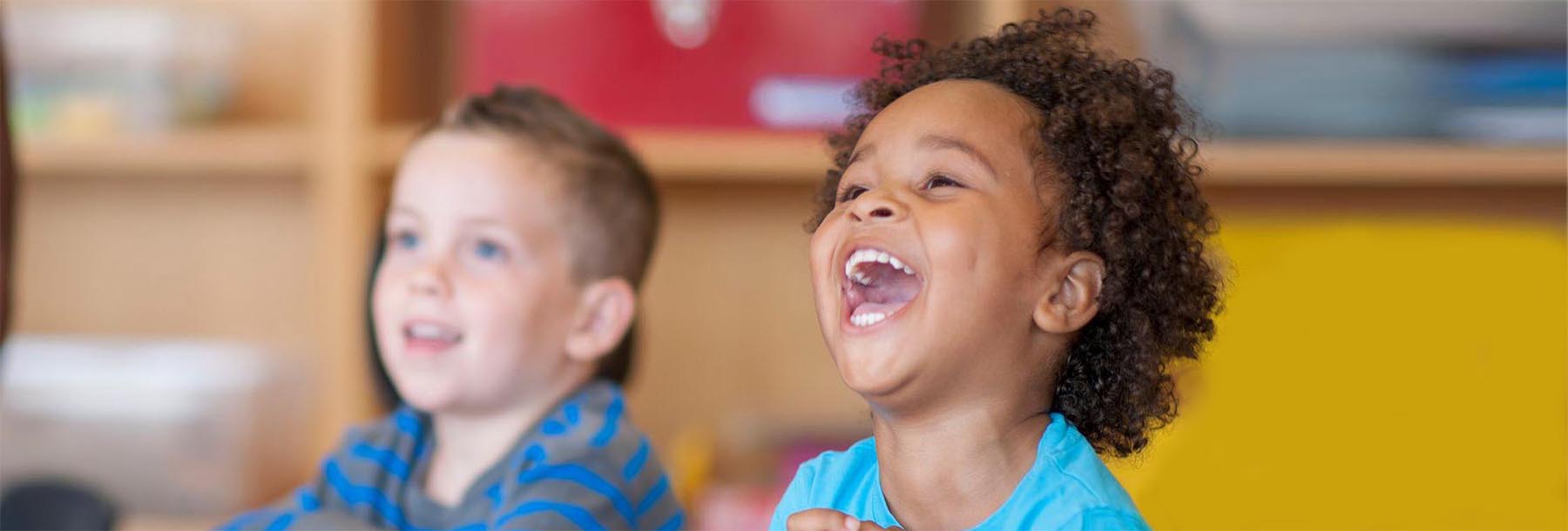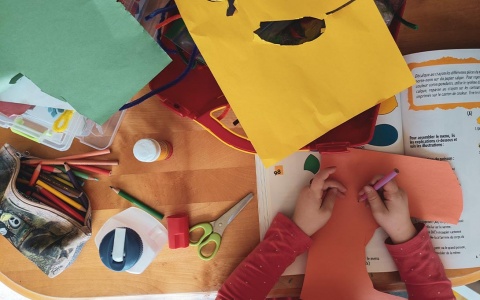Sustaining the Boost Study
Summary
The Sustaining the Boost project was an Institute of Education Sciences-funded study of the Boston Public Schools Pre-K program. It was a retrospective efficacy study of the short- and medium-term impacts of the Boston public Pre-K program on key child academic and school progress outcomes through the end of third grade. The team used new and innovative methods that have not yet been applied to public Pre-K programs, including a lottery-based identification strategy and impact variation across sites. Key outcomes in the study were children’s persistence in the Boston Public Schools from K-3, third-grade mathematics and ELA outcomes, grade retention from K-2, and special education placement from K-3. A follow-up study following the same cohorts of students was funded in 2022 by the Institute of Education Sciences.

Research Objectives
The Sustaining the Boost team addressed the following questions:
- What is the effect of enrolling in a Boston Pre-K program versus not at all on children’s enrollment and persistence in BPS grades K-3; children’s risk of being retained in grade in K-2 or of being classified as special-needs in K-3; and children’s third-grade state-standardized test scores in mathematics and reading?
- Do these impacts vary across program sites? Do BPS Pre-K programs located within higher-quality elementary schools produce different impacts from those located within lower-quality elementary schools? Does the answer depend on how elementary school quality is measured?
Timeline
This study began in 2014. One paper from the study is still under review; the others have been published in peer-reviewed journals and are linked below.
Impact of RPP
This was the first study to use naturally occurring lotteries created by a school assignment algorithm that is used in many cities in the U.S. Boston practitioners provided essential feedback on the study context and results, in ways that enriched the study. This study also helped to cement the use of rigorous causal methods whenever possible within the RPP and was the basis of two later lottery-based studies of the program.



